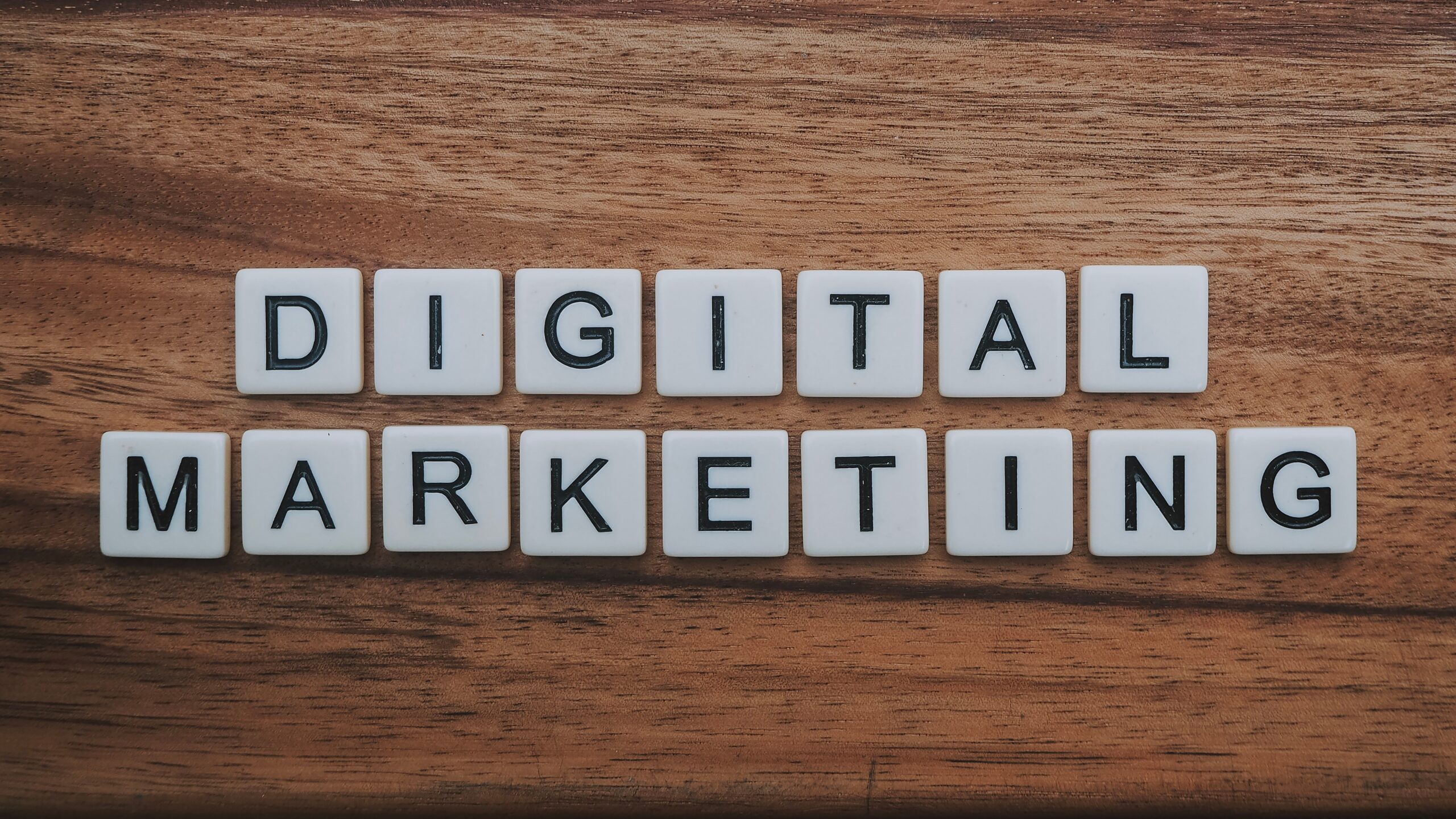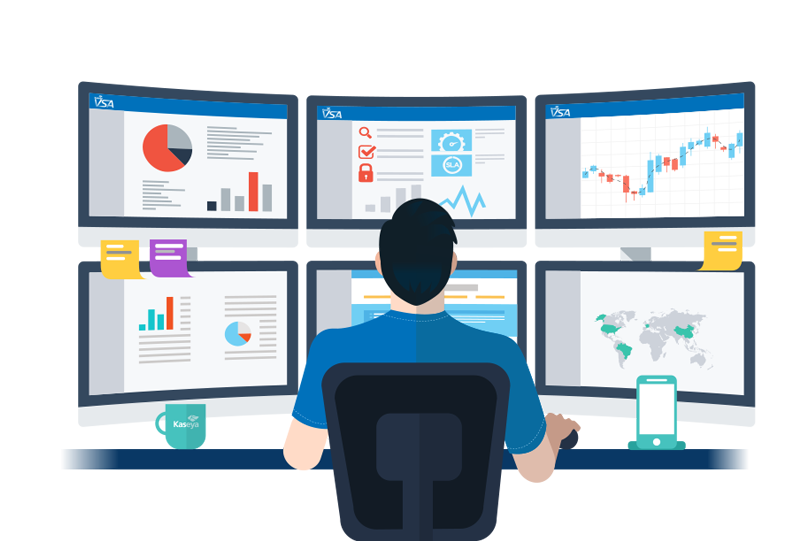Welcome to the comprehensive guide to digital marketing basics for beginners! In today’s digital age, having a solid understanding of digital marketing is crucial for businesses of all sizes. Whether you’re a small business owner, a marketing professional, or simply someone interested in learning more about this exciting field, this guide will provide you with the foundational knowledge you need to get started.
What is Digital Marketing?
Digital marketing refers to the use of digital channels, such as search engines, social media platforms, email, and websites, to promote products or services. Unlike traditional marketing, digital marketing allows businesses to reach a wider audience, target specific demographics, and track the effectiveness of their campaigns in real-time.

Types of Digital Marketing
There are various types of digital marketing strategies that businesses can utilize to achieve their marketing goals. Let’s explore some of the most common ones:
1. Search Engine Optimization (SEO)
SEO is the process of optimizing a website to improve its visibility on search engines like Google. By optimizing your website’s content, structure, and technical aspects, you can increase your organic (non-paid) search engine rankings and drive more targeted traffic to your site.
2. Pay-Per-Click Advertising (PPC)
PPC advertising involves placing ads on search engine results pages or other websites and paying a fee each time someone clicks on your ad. This method allows you to reach potential customers who are actively searching for products or services related to your business.
3. Social Media Marketing
Social media marketing involves using social media platforms like Facebook, Instagram, Twitter, and LinkedIn to promote your brand, engage with your audience, and drive traffic to your website. It allows businesses to build a strong online presence and connect with their target audience on a more personal level. for example: Instagram, Facebook, LinkedIn, etc
4. Content Marketing
Content marketing focuses on creating and distributing valuable, relevant, and consistent content to attract and retain a clearly defined audience. This can include blog posts, videos, infographics, ebooks, and more. By providing valuable content, businesses can establish themselves as industry experts and build trust with their audience.
5. Email Marketing
Email marketing involves sending targeted emails to a list of subscribers who have expressed interest in your products or services. It is an effective way to nurture leads, build customer relationships, and drive conversions. Personalized and segmented emails can help businesses deliver relevant content to their audience and increase engagement.
6. Influencer Marketing
Influencer marketing involves partnering with influential individuals on social media to promote your brand or products. By leveraging the trust and reach of influencers, businesses can increase brand awareness, reach new audiences, and drive sales.
Tips for Beginners
If you’re just starting out in the world of digital marketing, here are some tips to help you get started:
1. Set Clear Goals
Before diving into digital marketing, it’s important to define your goals. What do you want to achieve? Whether it’s increasing website traffic, generating leads, or boosting sales, setting clear goals will help guide your digital marketing strategy.
2. Know Your Target Audience
Understanding your target audience is essential for creating effective digital marketing campaigns. Conduct market research to identify their demographics, interests, and pain points. This will help you tailor your messaging and choose the right digital channels to reach them.
3. Create Quality Content
Content is king in the digital marketing world. Focus on creating high-quality, valuable content that resonates with your target audience. This will not only attract more visitors to your website but also establish your brand as a trusted authority in your industry.
4. Stay Updated with Industry Trends
Digital marketing is constantly evolving, so it’s important to stay updated with the latest industry trends and best practices. Follow industry blogs, attend webinars, and join relevant communities to stay ahead of the curve.
5. Track and Analyze Your Results
One of the biggest advantages of digital marketing is the ability to track and analyze your results in real-time. Use analytics tools to measure the success of your campaigns, identify areas for improvement, and make data-driven decisions to optimize your digital marketing efforts.

Conclusion
Digital marketing is a powerful tool that can help businesses reach their marketing goals in today’s digital world. By understanding the basics and implementing effective digital marketing strategies, you can drive targeted traffic, increase brand awareness, and ultimately, boost your bottom line. Remember to stay curious, keep learning, and adapt to the ever-changing digital landscape. Happy marketing!


